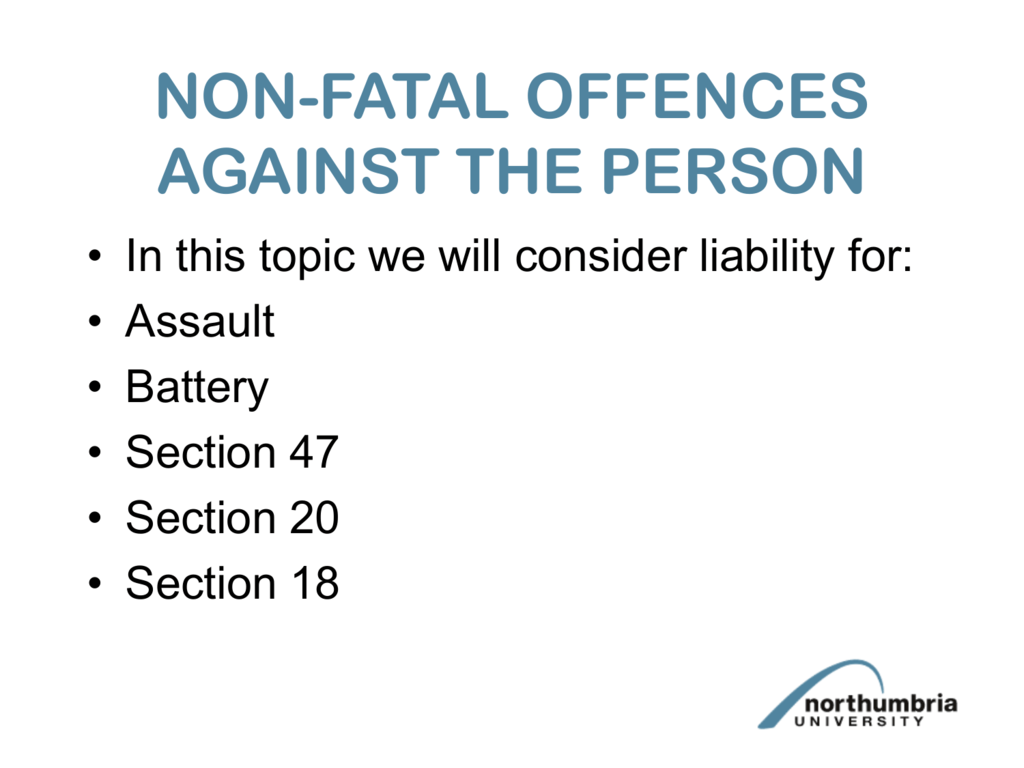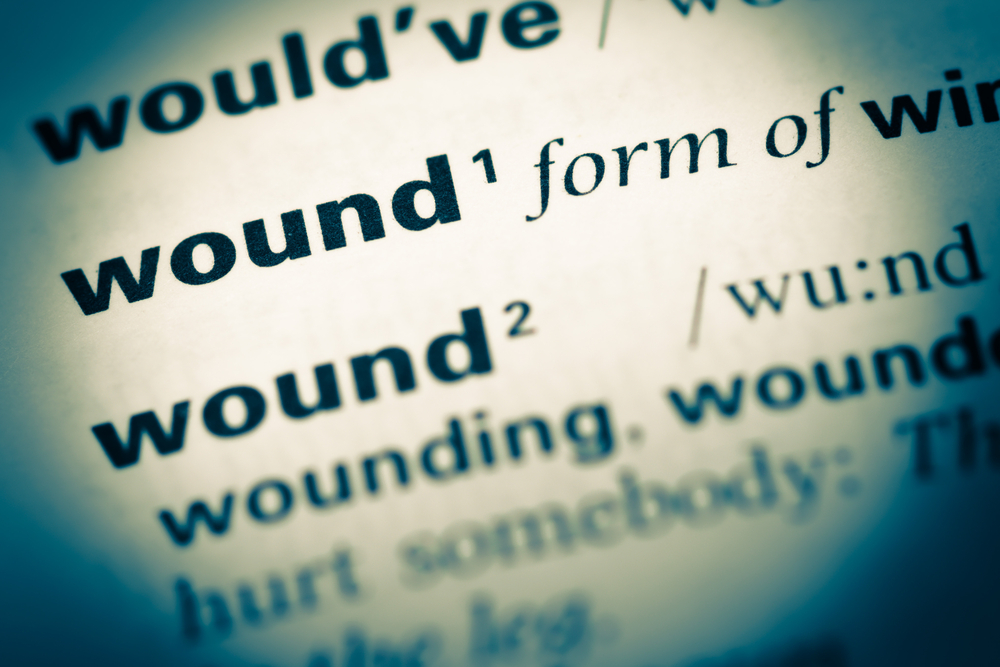Section 20 Assault

Whosoever shall unlawfully and maliciously wound or inflict any grievous bodily harm upon any other person either with or without any.
Section 20 assault. A section 20 assault is committed if the defendant. A intentionally applies force directly or indirectly to the victim. Criminal law consolidation act 1935 sect 20.
Grievous bodily harm is a term used in english criminal law to describe the severest forms of battery. Section 20 assault. The section in the guidance that provides guidance on common assault and battery as alternative offences and on application of the phrase when carrying out emergency functions.
It is a triable either way offence which means it can be heard at the crown or magistrates court. 1 a person commitsan assault if the person without the consent of another person the victim. The distinction between these two sections is the requirement of specific intent for section 18.
Unlawful wounding or inflicting grievous bodily harm section 20 offences against the person act 1861 causing grievous bodily harm with intent to do grievous bodily harm wounding with intent to do grievous bodily harm section 18 offences against the person act 1861. Or inflicts grievous bodily harm upon another person. It is not possible to attempt to commit a section 20 gbh offence.
If a defendant attempts to cause a victim serious harm it must be assumed that they intended to do so. Unlawfully wounds another person using unlawful force inflicts grievous bodily harm on another person. What is the difference between section 18 and section 20.
This offence is committed when a person unlawfully and maliciously either wounds another person. The most serious form of assault short of attempt murder is grievous bodily harm gbh or wounding section 18. Section 20 assault section 20 carries the lowest maximum sentence of the two grievous bodily harm gbh charges with the maximum penalty being 5 years imprisonment.


















